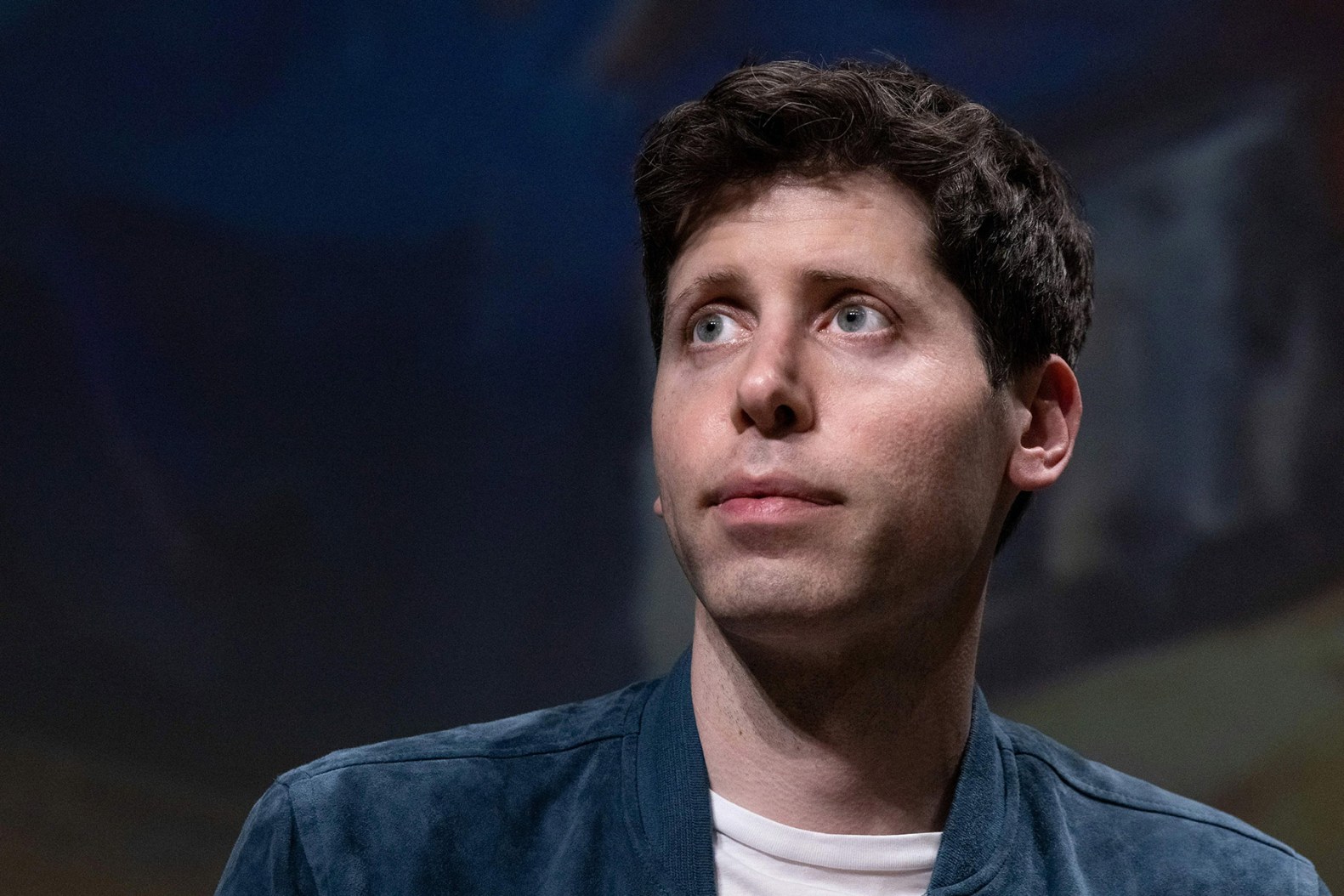OpenAI Leadership in Flux as Altman Removed and Top Researchers Depart
Details
Security
Bias
Deltas
Current Event Details
Government Security Analysis
Bias Analysis
-
Negative
Sentiment
-
Neutral
Sentiment
-
Positive
Sentiment
Delta Analysis


